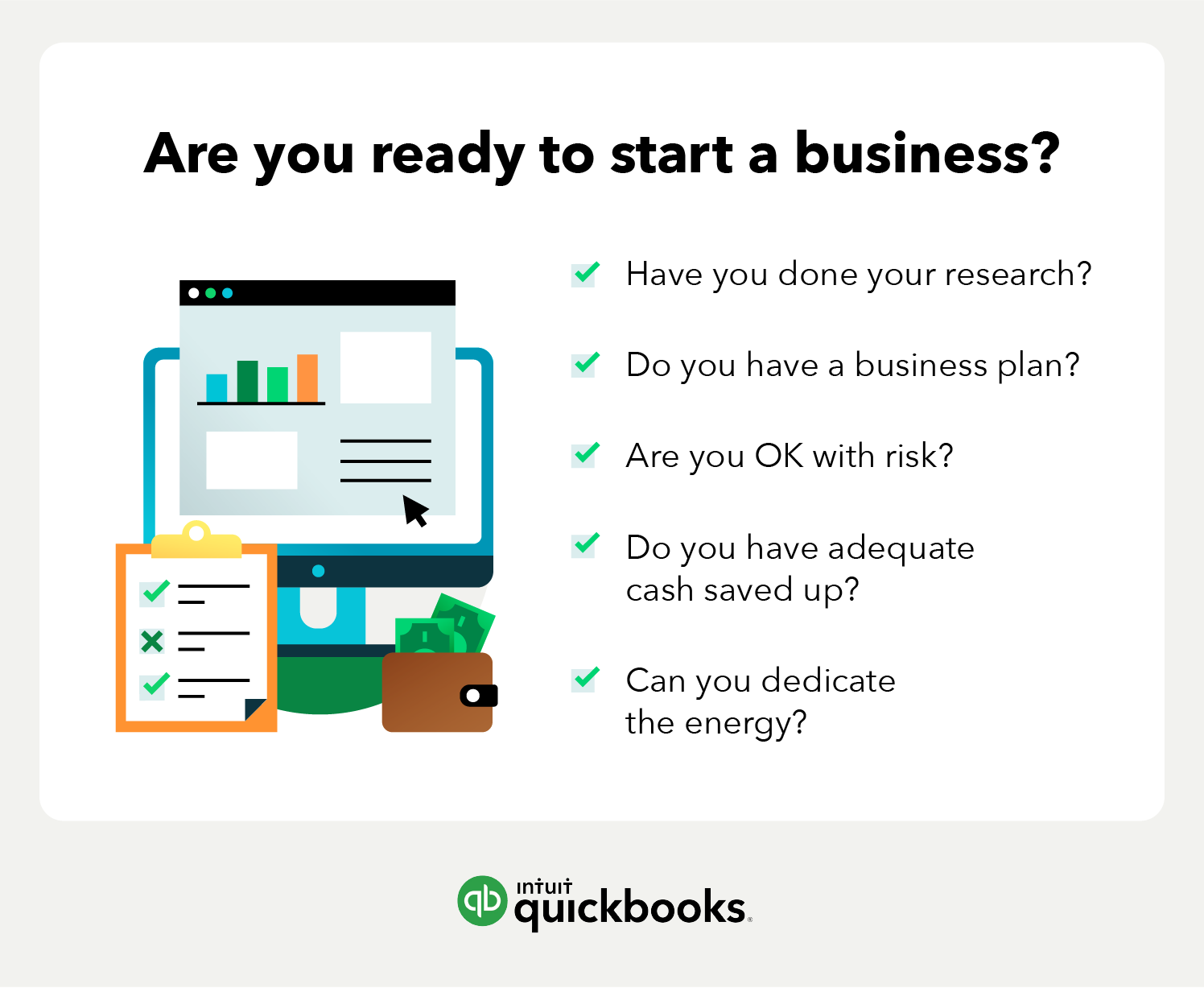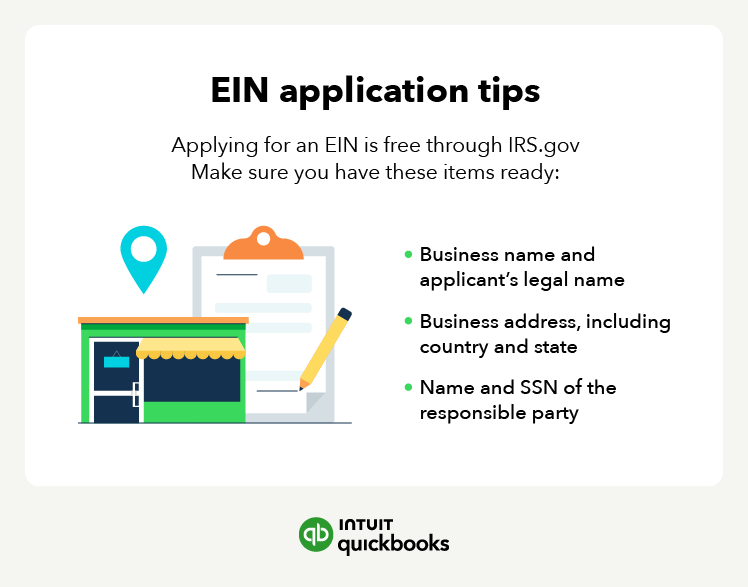There’s plenty to get excited about when you’re starting a small business in Nebraska. Low taxes and an affordable cost of living have created a thriving entrepreneurship culture — but before you dive in, check out our guide to starting a business in Nebraska for key advice on taxes, licensing, and more.

How to start a business in Nebraska in 14 steps (2025 Guide)
Why start a business in Nebraska in 2025?
In addition to its affordability and low tax rates, the state provides a solid foundation for small businesses. Cities like Omaha, Lincoln, and Grand Island serve as economic hubs, while a rich agricultural heritage offers opportunities for farming and food processing industries. The state’s central location is also ideal for transportation and logistics.
Want to start a small business in the Cornhusker State? Our comprehensive guide walks you through how to start a business in Nebraska.
Here are the topics we’ll cover in this step-by-step guide:
- 14 steps to starting a business in Nebraska
- Step 1: Decide what type of industry is best for your business
- Step 2: Conduct industry research
- Step 3: Create a business plan
- Step 4: Choose your business entity: Types of business entities in Nebraska
- Step 5: Secure funds: Nebraska small business funding, loans, and grants
- Step 6: Choose your Nebraska business name and Nebraska DBA
- Step 7: Pick a business location in Nebraska
- Step 8: Find a Nebraska registered agent
- Step 9: Get a Nebraska EIN and file your tax and employer identification documents
- Step 10: Register as a small business in Nebraska
- Step 11: Register for your business license and permits in Nebraska
- Step 12: Secure insurance for your Nebraska small business
- Step 13: Prepare to pay taxes on your business in Nebraska
- Step 14: Set up your business bank account
- Additional resources to get your business started
- Frequently asked questions
14 steps to starting a business in Nebraska
When you’re setting off on your entrepreneurial adventure, it’s important to take things step-by-step. We’ll walk you through the basic steps every business owner needs to check off to get their new business on the right track. With small business resources and insights tailored to Nebraska, you’ll be prepared for success.
Step 1. Decide what type of industry is best for your business
First, you’ll need to determine where the products and services you’d like to offer best fit. If, for example, you live in a rural area and have ample IT expertise, you may fill a niche as tech support for small businesses or local family farms. Maybe you plan to open a small U-pick or agribusiness in your hometown of Gretna, or fill a niche in Omaha’s manufacturing sector.
The wide variety of industries, ranging from professional and government services to agriculture and logistics, gives you an abundance of possibilities. Looking for inspiration? Check out some small business ideas to feed your entrepreneurial vision.
Step 2. Conduct industry research
Once you’ve identified an industry, you’ll need to better understand the current market. Ask local businesses what products and services they lack, check with the local chamber to identify competitors in your area, and look at demographics to determine the demand for your potential business.
Conducting a competitive analysis of other businesses in your industry is also a crucial step. This will help you identify your competition, learn how they operate, and discover opportunities that can help your business gain a foothold.
Step 3. Create a business plan
Writing a business plan gives you a way to better plan out your business concept, including how you’ll secure financing, where your clients are, and what your marketing strategies will be. Most business plans should include the following elements:
- Executive summary: Create a succinct summary of your business and its goals.
- Company description: Discuss the “why” of your company, such as its mission and objectives.
- Market research and potential: Analyze your market and identify relevant industry trends.
- Competitive analysis: List your main competitors and note opportunities for your business.
- Products and services: Specify which products and services your business will offer.
- Marketing and sales: Summarize the tactics you’ll use to reach and retain customers.
- Business financials: Provide key financial projections such as cash flow forecasts and income statements.
- Management and leadership: List key team members, along with their positions and duties.
- Funding request: List your funding needs and create a plan for raising (and using) the funds.
- Appendix: Include any relevant supporting documents, such as financial statements or market research data.
A strong business plan helps your business stay on track during its crucial early stages and makes it easier to secure funding from investors. It’s easy to find free business plan templates online. Check out more free business development resources from the Nebraska Business Development Center at the University of Nebraska.

Step 4. Choose your business entity: Types of business entities in Nebraska
You can choose from several business structures when forming your Nebraska business. Take the time to research all of your options, as each includes varying degrees of liability protection and tax implications.
The most common entity structures for starting a business in Nebraska are:
Sole Proprietorship
A business owned and operated by one person, with no legal distinction between the owner and the business.
General Partnership
A business owned by two or more people who share profits, losses, and management responsibilities.
Corporation
A legal entity separate from its owners, with shareholders who have limited liability for the company's debts and obligations.
Limited Liability Company (LLC)
A hybrid business structure combining the limited liability of a corporation with the tax flexibility of a partnership. Learn more about LLCs.
Step 5. Secure funds: Nebraska small business funding, loans, and grants
Starting a business in Nebraska means you’ll need access to startup funding to cover inventory, equipment, payroll, and all the other necessities of business ownership. Here are a few ways to secure capital:
Remember to also consider programs specific to Nebraska, including:
Nebraska-specific funding options
Nebraska’s Small Business Assistance Act provides grants and business services such as accounting to startups, provided they meet the requirements. You can also look at business-centered nonprofits like GROW Nebraska®, which offers valuable resources, including funding, for small businesses.
Step 6. Choose your Nebraska business name and Nebraska DBA
Next, decide on a name for your business and register it with the State of Nebraska. Think carefully about your business’s name: Does it reflect the products or services you’re offering? Is it memorable, and will it help your business stand out from the competition? Once you’ve settled on a few names, conduct a business entity search through the Nebraska Secretary of State’s website to ensure it’s available for use.
A DBA, short for “Doing Business As,” is also called a “trade name” in Nebraska. Using a DBA is a way to differentiate your business from your legal name and better describe your offerings. If, for example, you have a small IT firm under the legal name of John Doe LLC, you may want to consider creating a trade name that reflects your business, such as John’s Software Services.
Reserve your business name
You’ll need to register your business name with the Secretary of State if you have a corporation, LLC, or LP.
File a DBA (Doing Business As) or trade name in Nebraska
Once you’ve determined an available trade name, you’ll file an Application for Trade Name form with the Nebraska Secretary of State and your local county, along with a registration fee.
Step 7. Pick a business location in Nebraska
There’s a reason real estate agents rely on the “location, location, location” adage. When selecting your business location, you’ll need to take into consideration any zoning regulations in your municipality, customer access, operating costs, and whether you have the infrastructure needed around your business. If you’re planning to save money by operating your business from your home, make sure that local laws allow home-based businesses.
Here are a few considerations if you’re setting up shop in one of Nebraska’s top cities:
Omaha
- Interstates and railways provide excellent connectivity and strong infrastructure options.
- The costs are higher in Omaha than in suburban and rural areas.
- Agriculture and food processing, finance and insurance, and transportation and logistics are strong industries in the city.
- Berkshire Hathaway, TD Ameritrade, Union Pacific Railroad, and First National Bank are a few of the largest players in Omaha.
Lincoln
- Lincoln Electric System, government entities, University of Nebraska-Lincoln, and Mutual of Omaha all have a significant presence in the capital city.
- Lincoln's cost of living is significantly lower than the national average, making it attractive for businesses and employees.
- A balanced mix of urban amenities and suburban living makes Lincoln an excellent choice for young, active families.
Bellevue
- Bellevue benefits from its proximity to Omaha and the economic activity of the larger metropolitan area.
- The city has a robust base of locally owned businesses and franchises. Retail stores, restaurants, and professional service providers make up a good portion of the business landscape.
- The smaller city atmosphere makes Bellevue a close-knit community ideal for families.
Step 8. Find a Nebraska registered agent
In the state of Nebraska, you’re required by law to have a designated registered agent. This person or professional service is the point of contact for accepting official government and legal communications on your behalf. Whether you appoint yourself or you choose a third party, the only qualifications for registered agents are as follows:
- Must reside in the state and/or be authorized to do business in Nebraska
- Must have a physical, non-P.O. Box address
Find a Nebraska registered agent by asking other business owners, hiring a professional service online, or appointing a trusted business adviser.
Step 9. Get a Nebraska EIN and file your tax and employer identification documents
An EIN (Employer Identification Number) is a nine-digit number the IRS uses to identify your business for tax purposes. Although Nebraska doesn't require a state EIN, you'll need one to file payroll taxes and federal tax returns, open a business bank account, and apply for loans. You can apply for a free EIN through the IRS website.

Step 10. Register as a small business in Nebraska
Most businesses operating in the state need to register with the Nebraska Secretary of State’s office. Here are more specific requirements based on the type of entity you’re registering. Keep in mind that you’ll also have to pay a registration or filing fee for each, which may vary. You can find current fees and up-to-date forms on the Nebraska Secretary of State website.
The basic requirements for registering your small business in Nebraska are as follows, depending on which business entity structure you’re using:
11. Register for your business license and permits in Nebraska
Next, you’ll need to obtain licenses or permits that allow you to operate your entity legally. For example, if you start a farming operation, you’ll need to obtain the proper permits from the Nebraska Department of Agriculture. If you’re an electrician, you’ll need to apply for a license through the State Electrical Division. If you want to start a real estate agency, you’ll need your real estate license. Check with your county and municipal clerk to determine any zoning permits, police jurisdiction permits, and other licensing requirements in your area.
Do you need a business license in Nebraska?
No, there is no statewide license needed to start a new business in Nebraska. However, you may need to obtain a professional or occupational license for your industry.
Step 12. Secure insurance for your Nebraska small business
Sure, it’s another step in the process, but insurance is instrumental in protecting your Nebraska business against unexpected risks, whether a lawsuit, property damage, or an employee injury. Work with your insurance agent to determine the amount of coverage that’s right for your business.
Types of small business insurance in Nebraska
Step 13. Prepare to pay taxes on your business in Nebraska
When starting your business, you’ll need to understand the types of taxes you’ll be required to pay. The state is planning to reduce its corporate income tax to 3.99% across the board by 2027, making Nebraska favorable for businesses. Here are a few taxes you may need to consider for your small business.
State income tax
The individual income tax rate in Nebraska currently ranges from 2.46% to 5.84%. If you’re a pass-through entity like a sole proprietorship or LLC, you’ll pay a graduated rate based on your personal income.
Corporate income tax
Current corporate tax rates range from 5.58% to 5.84%, but that number will continue to drop and, as noted above, should become a flat 3.99% by 2027.
Income tax withholding
If you have employees, you’ll be required to withhold a portion of their paycheck each pay period and remit it to the state.
Sales and use tax
You’ll pay sales tax on tangible goods at the point of sale. The current state sales tax rate in Nebraska is 5.5%; you’ll likely pay a small local sales tax rate, too. The use tax is essentially the sales tax you owe to the state of Nebraska on items purchased outside the state for use within Nebraska.
Federal taxes
You’re also responsible for paying all applicable federal taxes that apply to your Nebraska business, which can include:
- Federal income tax
- Self-employment tax (for sole proprietors and partners)
- Employment taxes (if you have employees), including the Federal Unemployment Tax Act (FUTA tax)
- Excise taxes (for certain industries)
To ensure you understand your federal tax obligations, check out these IRS resources: Publication 334, Tax Guide for Small Business and Publication 583, Taxpayers Starting a Business and Keeping Records.
Tax credits and incentives for Nebraska employers
- The Nebraska Advantage Act offers substantial incentives, including income tax credits, property tax exemptions, and sales tax refunds, for businesses that invest in the state and create jobs.
- NextGen allows beginning farmers to qualify for a Personal Property Tax Exemption and get a one-time state income tax credit if they take a financial management class.
Step 14. Set up your business bank account
Whether you’re starting an agribusiness corporation in Nebraska or a small LLC for your professional consulting business, you’ll need to keep your business finances separate from your personal accounts.
- Find an online or brick-and-mortar bank or local credit union that offers the business banking services you need, whether it’s a minimum balance, low transaction fees, or electronic bill-pay services.
- Organize business documents—any registration, professional license, or federal identification tax number—to open your small business bank account.
- Apply for a business credit card and use it for related supplies and equipment.
- Choose accounting software to help manage your checking and savings, bills, and taxes.
- Hire a professional accountant or bookkeeper to help with financial projections and annual or quarterly taxes.
Additional resources to get your business started
There are several state and federal resources that can support your business with guidance, training, potential funding and more.
State resources
- Nebraska Department of Economic Development: This department is a gateway to a huge variety of resources for Nebraska small businesses, including grants, job training, and more.
- State Small Business Credit Initiative: This program offers Nebraska small businesses both loan programs and equity investment to help start, grow, and develop their businesses.
- Greater Omaha Chamber: If you’re planning to locate your business within the bustling Omaha area, the Greater Omaha Chamber has a wealth of additional resources to help you get started.
- Location One Information System: Seeking a brick-and-mortar location for your Nebraska small business? This government database provides a list of available sites and buildings to kickstart your search.
Federal resources
- Small Business Administration (SBA): The SBA supports small businesses through various loan programs, including the 7(a) loan, provides resources for government contracting, and offers counseling and training programs to help entrepreneurs start and grow their businesses.
- Grants.gov: This centralized platform simplifies the process of searching for and applying for federal grants across various sectors. It also provides grant writing tips and has a Grants Learning Center featuring the basics of grants, eligibility, and more.
- Small Business Innovation Research (SBIR) and Small Business Technology Transfer (STTR): SBIR and STTR programs provide research and development funding to innovative tech companies.
- SCORE: SCORE is a national nonprofit organization that partners with the U.S. Small Business Administration (SBA) to provide free mentoring and educational resources to entrepreneurs and small business owners. While not a direct federal agency, SCORE is an independent organization with a network of volunteer business mentors across the United States.
U.S. Department of Agriculture (USDA): The USDA website lists grants, loans, and other programs and resources for farmers and other businesses serving rural America.
Frequently asked questions
Disclaimer:
This content is for information purposes only and information provided should not be considered legal, accounting or tax advice or a substitute for obtaining such advice specific to your business. Additional information and exceptions may apply. Applicable laws may vary by state or locality. No assurance is given that the information is comprehensive in its coverage or that it is suitable in dealing with a customer’s particular situation. Intuit Inc. does not have any responsibility for updating or revising any information presented herein. Accordingly, the information provided should not be relied upon as a substitute for independent research. Intuit Inc. cannot warrant that the material contained herein will continue to be accurate, nor that it is completely free of errors when published. Readers should verify statements before relying on them.











